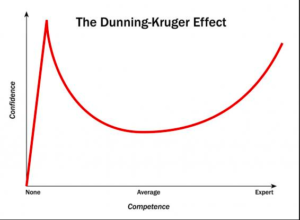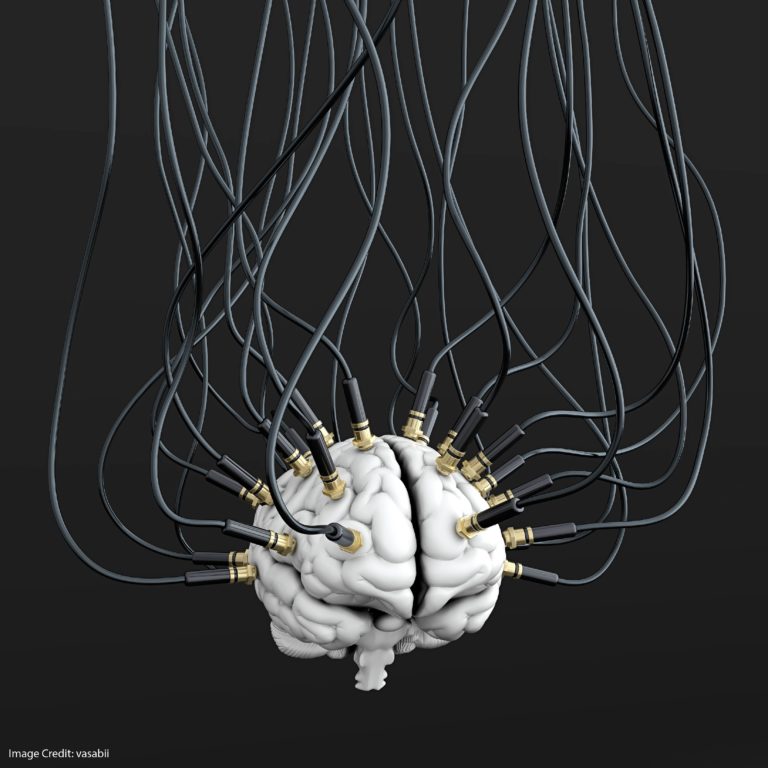Tags
ADHD adolescence attention autism book review boundary conditions classroom advice conference speakers constructivism/direct instruction creativity desirable difficulty development dual coding elementary school embodied cognition emotion evolution exercise experts and novices gender high school homework intelligence long-term memory math methodology middle school mind-wandering mindfulness Mindset motivation neuromyths neuroscience online learning parents psychology reading retrieval practice self-control skepticism sleep STEM stress technology working memoryRecent Comments
- Revisiting the "Handwriting vs. Laptops" Debate: More Moving Goalposts |Education & Teacher Conferences on Handwritten Notes or Laptop Notes: A Skeptic Converted?
- The Power Of A Growth Mindset: How Students Can Overcome Challenges - Sunshine Blessings on The Rise and Fall and Rise of Growth Mindset
- Goals, Failure, and Emotions: a Conceptual Framework |Education & Teacher Conferences on “Learning from Mistakes” vs. “Learning from Explanations”
- From Destruction to Rebuilding: Hope in Science’s Down Cycle on When Analogies Go Wrong: The Benefits of Stress?
- Dual Coding: Boosting Learning Through Words and Images – White Dragon of East County on Visual & Verbal: Welcome to “Dual Coding”
ABOUT THE BLOG
Tag Archives: skepticism

Laptop Notes or Handwritten Notes? Even the New York Times...
Which helps students learn more: handwritten notes, or laptop notes? The best-known research on the subject might surprise you… Continue reading

The Limits of “Desirable Difficulties”: Catching Up with Sans Forgetica
Can a hard-to-read font improve student learning? That’s a very strange question, but in 2019 we had some reasons to think the answer was “yes.” Just published research updates our understanding. Continue reading

Unbearable Irony: When Dunning-Kruger Bites Back…
People who don’t know much about a topic typically overestimate their expertise. We call this the Dunning-Kruger Effect. So: what happens when someone who doesn’t know much about the Dunning-Kruger Effect tries to explain it? Brace yourself for an excess of irony. Continue reading

Training in Effective Skepticism: Retraction Watch
You’re looking for a new source for effective skepticism. Look no further. Continue reading

A Fresh Approach to Evaluating Working Memory Training
A new method for evaluating working memory training raises an intriguing possibility: despite all our skepticism, might that training work after all? Continue reading

Whose Online Teaching Advice Do You Trust?
Paradoxically, the right amount of self-doubt should inspire in readers a greater sense of trust. Continue reading

Starting the Year Just Right: Healthy Skepticism
Adults prefer natural settings to urban ones. We can easily imagine an evolutionary explanation for that preference. But: do children share it? Continue reading

A Holiday Present for the Teacher/Skeptic (in Beta)
A new website helps us confirm — or disconfirm — research findings that (perhaps) ought to guide our teaching. Continue reading

Today’s Neuro-Nonsense: Reading Brainwaves in the Classroom
Live EEGs in the classroom just don’t work this way. Continue reading

What if a Research-Supported Educational Idea is Unconstitutional?
A religious studies professor argues that required mindfulness programs in schools create constitutional problems. She also offers solutions. Continue reading
